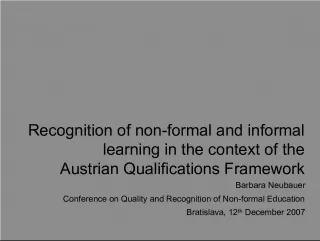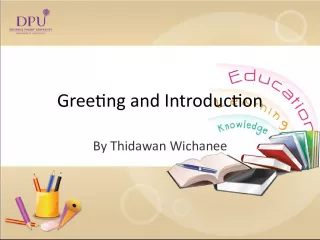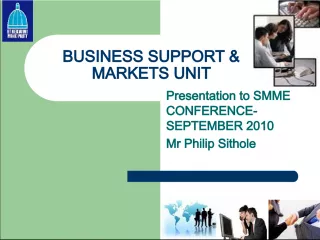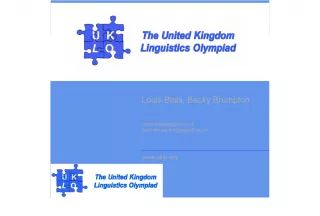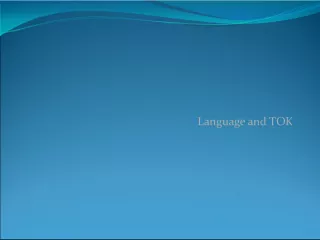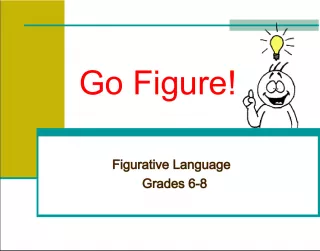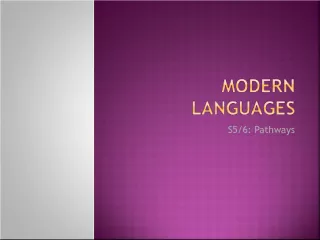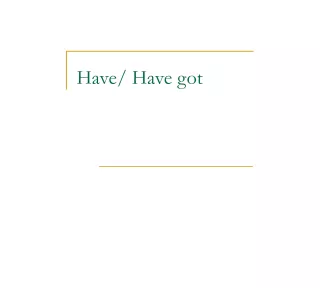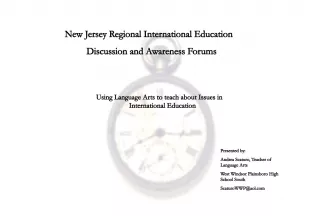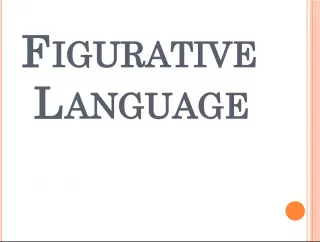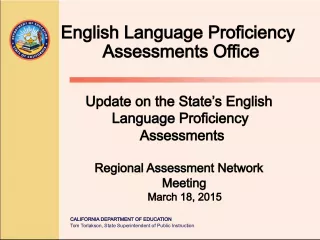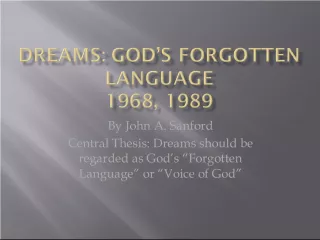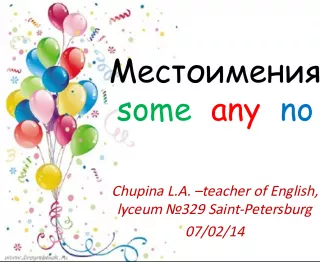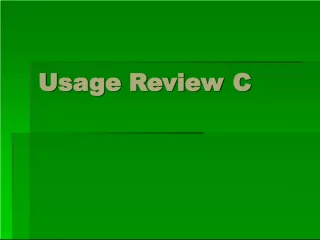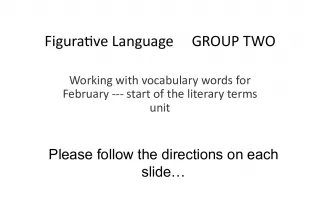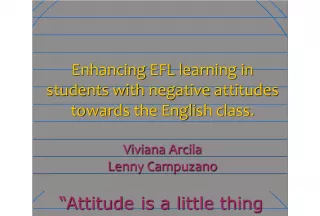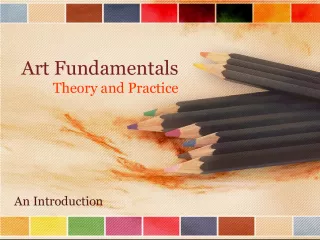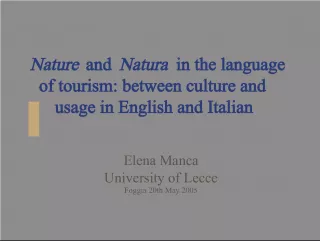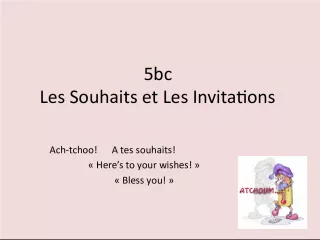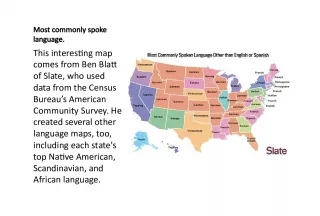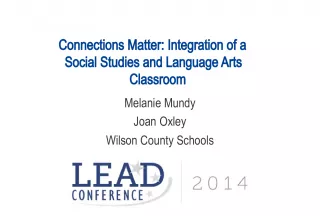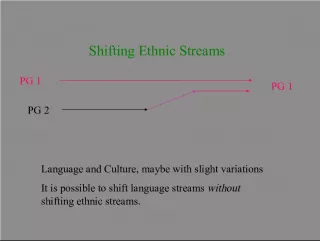Formal vs Informal Language
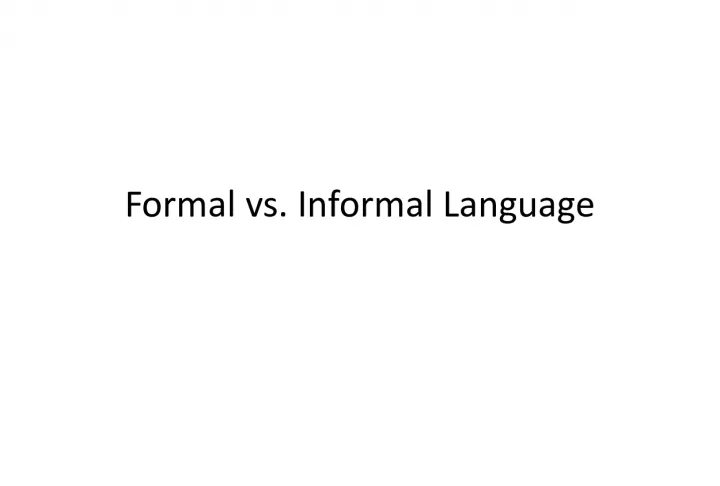

The following list includes examples of formal and informal words, phrases, and sentences. The differences in language can affect the tone of a conversation or text message. It is important to consider the appropriate language to
- Uploaded on | 2 Views
-
 kirti
kirti
About Formal vs Informal Language
PowerPoint presentation about 'Formal vs Informal Language'. This presentation describes the topic on The following list includes examples of formal and informal words, phrases, and sentences. The differences in language can affect the tone of a conversation or text message. It is important to consider the appropriate language to. The key topics included in this slideshow are . Download this presentation absolutely free.
Presentation Transcript
Slide1Formal vs. Informal Language
Slide10Formal vs. Informal Words/Phrases• What up • LOL • How are you? • Hello. • Hey.
Slide11•Thank you. • Shut up. • Imma go to class. • Yo • I am • R U ok? • Are you okay?
Slide12Sentences• My goldfish name is Nancy. • My goldfish’s name is Nancy. • I cannot decipher the answer. • I can’t tell what the answer is. • My name is Brett I have 3 sisters and 1 brother. • You gotta hear this fat beat. • I just popped a sick ollie. • OMG. He is sooo hot! • Where are you at? • Did you see that????????????
Slide13Winston Churchill said….“The rule which forbids ending a sentence with a preposition is the kind of nonsense up with which I will not put.” Why is this quote funny?
Slide14Make it Playground!• I just maneuvered my feet on a flat panel piece of wood with four wheels in a circular pattern and landed upright. • Madam, may I visit the water closet because my bladder is full. • Let us stroll down the boulevard to the grand shopping center. • A very long silence succeeded.
Slide15Now, not all writing is formal.• Journal Entry • Essay • Letter • Text Message • Contract • Facebook Post • Commercial • Short Story • Research Paper • Poem • Editorial
Slide16Depends on your audience!• Peers • Family members • Employers (bosses) • Educators • Unknown (general public) • Self • Businesses
Slide17Your Task!• Each table will be given a person to write or text (You will choose whether to write a letter , a text , or a phone conversation depending on your audience). • As a group, you will write a 4-line message explaining what you did this weekend and with whom .
Slide18•Shakespeare: coach • Homer: friend • Angelou: principal • Shelley: police officer • Poe: grandparent
Slide19Exit Ticket• Respond to the following in a well-written paragraph. • Put the proper heading on your paper. • The title should be to whom you wrote. “ Explain how your groups’ audience (the person who received the message) affected the choice of words and the content of your message .”
Slide20•Explain the relationship between language choice, audience, and purpose for writing.
